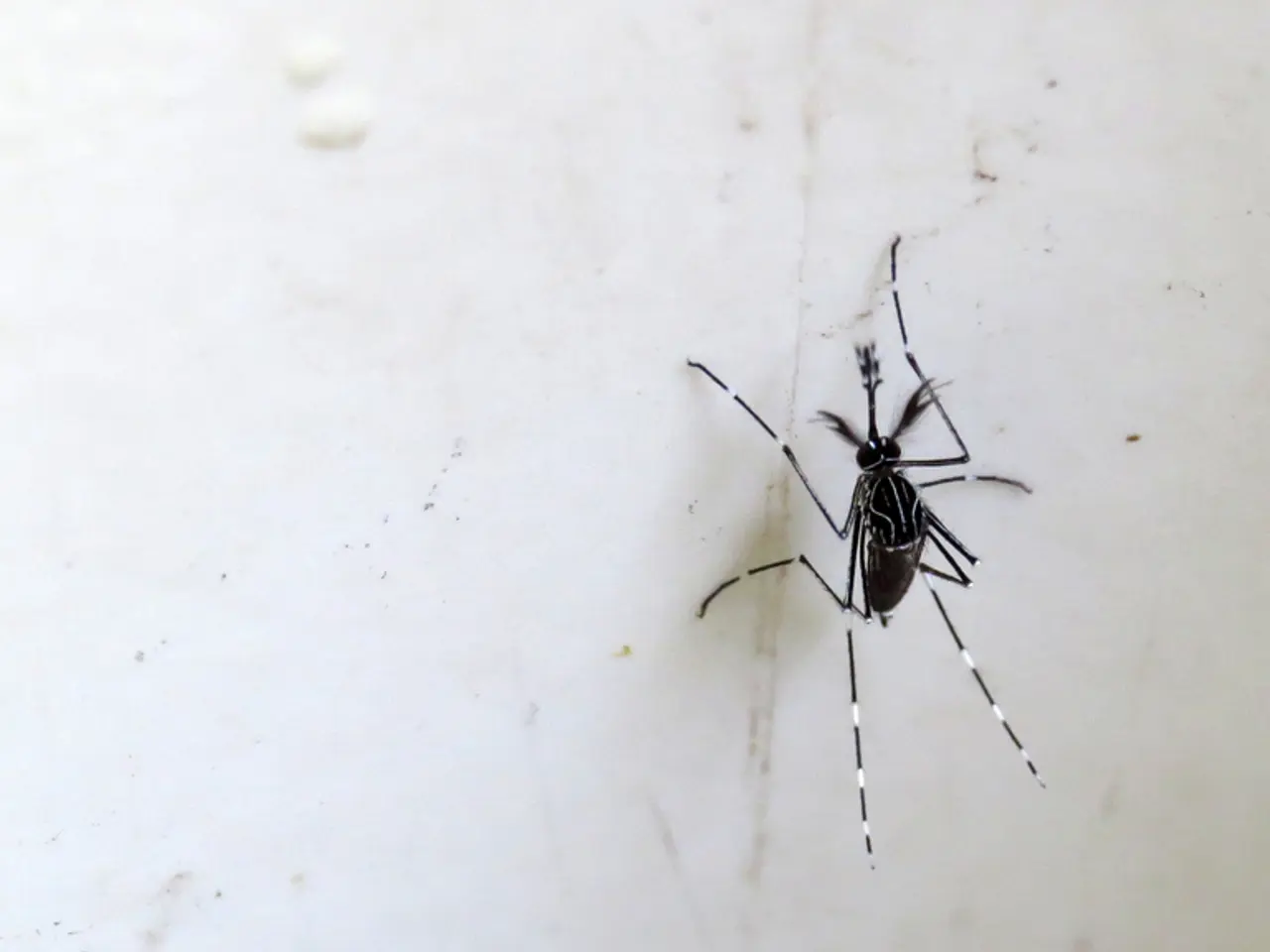Increased Chikungunya infections in UK travelers prompt mosquito bite caution
The UK has witnessed a significant increase in cases of the chikungunya virus and the emergence of the Oropouche virus in people returning from travel abroad. According to the UK Health Security Agency (UKHSA), there were 73 reported cases of chikungunya between January and June 2025, compared to 27 cases in the same period in 2024. The rise in chikungunya cases is mainly linked to travel to countries with ongoing outbreaks such as Sri Lanka, India, and Mauritius.
For the first time in the UK, three cases of the Oropouche virus have been reported, all associated with travel to Brazil. Both viruses are mosquito- or midge-borne and related to travel abroad.
Current distribution of cases:
Most of the chikungunya cases reported in the UK this year were in London, with 42 confirmed cases in early 2025. The Oropouche virus, primarily found in parts of Central and South America, has recently spread to countries including Brazil, Bolivia, Colombia, Cuba, Guyana, Peru, and the Dominican Republic.
Prevention measures include:
To avoid mosquito and midge bites, it is advised to use insect repellents containing DEET or picaridin, wear long sleeves and trousers, especially during dawn and dusk when these vectors are most active, and stay in accommodations with screened windows or air conditioning.
If symptoms like fever, joint pain, headache, or chills develop after travel to affected areas, prompt medical advice should be sought. For chikungunya, two vaccines are approved and available in the UK at private travel clinics, which travelers to endemic regions can consider.
Both diseases remain travel-related with no evidence of local transmission within the UK so far, but vigilance is advised during travel to endemic regions and awareness of symptoms upon return.
Important facts:
- Chikungunya can't spread directly from person to person.
- No vaccines to guard against the Oropouche virus are available in the UK's public health system.
- The name "chikungunya" comes from a word in a Tanzanian language meaning "that which bends up", due to the joint pain associated with it.
- The mosquitos responsible for spreading chikungunya aren't present in the UK.
- The Oropouche virus was first identified in Trinidad and Tobago in the 1950s.
Dr Philip Veal, consultant in public health at the UKHSA, has stated that it is essential to take precautions against mosquito bites when traveling. He emphasized that simple steps such as using insect repellent, covering up your skin, and sleeping under insecticide-treated bed nets can greatly reduce the risk of Oropouche infection.
In summary, the rise in chikungunya and emergence of Oropouche virus cases in the UK reflect increased travel to outbreak areas and highlight the importance of vector bite prevention and prompt healthcare consultation after travel.





